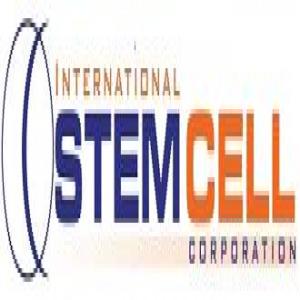
Sunday Dec 30, 2007
Meet Ken Aldrich the co-founder of International Stem Cell Corporation
Welcome to this podcast. I am Ken Aldrich, Chairman and co-founder of International Stem Cell Corporation.
International Stem Cell Corporation recently announced that our scientific team, led by our Chief Scientist, Dr. Elena Revazova, has created a new class of human stem cell lines that do not involve the use of fertilized eggs and may enable hundreds of millions of people of different sex, ages and racial groups to benefit from cell based therapy with cells that will not be rejected by the patients own immune system after transplanting. The article was published in the on line edition of the well known peer-review publication, Cloning and Stem Cells on December 19, 2007
Since that time, we at International Stem Cell Corporation have received many questions about this discovery, most of which revolve around two basic questions: how are these cells different from what already exists and why does it matter? Since we are a public company that trades on the Bulletin Board--our symbol for those who are curious is ISCO.OB--a great deal of information about these questions has already been filed with the SEC and also been posted to our website, but I think a summary will be helpful, particular for those unfamiliar with the science of therapeutic cell implantation.
The 20th Century saw the development of whole organ transplants as a means to treat injury or diseases affecting the heart, liver, kidneys and other organs. The 21st Century has already seen the beginnings of a newer and even more promising therapy: the transplantation of human cells to enable damaged organs to begin functioning again on their own. Some of the new cell based treatments are quite advanced; others are in development, but all transplant programs to date share three basic problems:
- First, the only source of organs or cells has been human donation, usually from cadavers, or cells derived from fertilized embryos. The need for cadavers has meant that only a tiny portion of the patients who needed cell or organ therapy could obtain a donation.
- Second, until now, the only source of cells that had the potential produce cells in unlimited quantity for any organ of the body have been cells derived from fertilized embryos. That has raised religious and ethical questions that have hampered research and continue to do so.
- Finally, all of treatments available so far require heavy use of immune suppressing drugs to prevent rejection of the new cells by the patient’s immune system.
No comments yet. Be the first to say something!